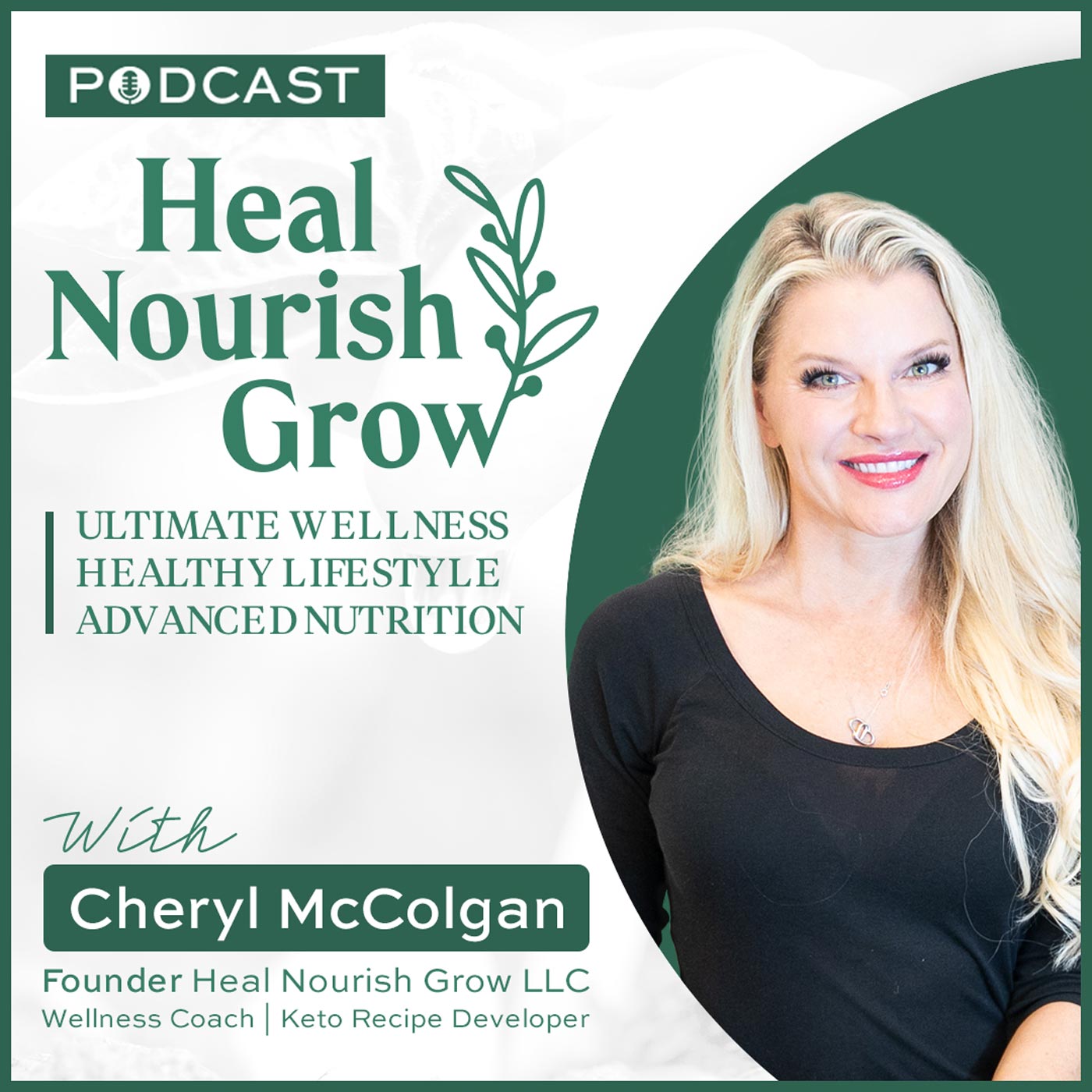Harnessing Neurofeedback for Better Sleep
Description
In this episode, Cheryl interviews Michael Byrne, CEO of BIA Neuroscience about their new biofeedback sleep mask. Michael shares his background in psychology and how he got interested in sleep. He explains the connection between stress and sleep issues and the importance of accurate data collection for neurofeedback.
The sleep mask uses conduction drivers to provide audio stimulation to encourage the brain to enter desired sleep stages. The mask also mimics sunlight to wake users up gently and offers features like meditation and affirmations. The wake up experience Michael describes is amazing and we're looking forward to sharing more about it when it finally arrives!
Order now at an insanely discounted price with a lifetime subscription to the software.
This article is a great resource for more better sleep tips and strategies.
Takeaways:
Stress is a major factor impacting sleep, and accurate data collection is crucial for effective neurofeedback.
The sleep mask uses conduction drivers to provide audio stimulation and encourage the brain to enter desired sleep stages.
The mask mimics sunlight to wake users up gently and offers features like meditation and affirmations.
Watch on YouTube:
https://youtu.be/V7KhtqU6f0M
Episode Transcript:
Cheryl McColgan (00:01.068)Hey everyone, welcome to the Heal and Nourish Grow podcast. Today I am joined by Michael Byrne and he is with BIA Neuroscience. And just me saying the word neuroscience, know that that's one of my things just to remind you about my previous content. I have a background in psychology and actually went to graduate school for a bit for clinical neuropsychology. So the brain is definitely something I'm always interested in. So I'm excited for you to share more about your company today. Michael, welcome. before we…
get into all that and how this is going to help people with sleep, which is another one of my favorite topics. I'd love for you to just share how is it you got interested in this kind of work and kind of what inspired you to, you know, make a sleep product? Were you having personal trouble with sleep? Like what's the scoop?
Michael (00:44.354)I'm excited to be here. Thanks for having me. I'll give a long -winded story and edit it as you feel. I went into biopsychology myself. I was very interested in the why behind people's behavior. Why do we do anything? And originally that led me to psychology. And then more I studied it, more I realized the brain was behind it. So I went towards biopsychology. And I ended up doing an internship with a group in paranoid schizophrenia.
Cheryl McColgan (00:51.84)you
Michael (01:14.38)Very quickly learned studying and working are two vastly different things in the field of psychology. So, you know, I was expecting something like a little bit more exciting and fast pace. And instead it's really quite upsetting and requires a significant amount of empathy and, you know, emotional backing behind it that can be quite draining. So I decided to just get into the working world and see what I liked. So I ended up getting a position at a neurofeedback clinic.
I became a certified neurofeedback technician and just saw everything under the sun. And one of the things I noticed and one of the things that we emphasize every single time was when someone came in for a session, we asked them, how was your sleep? And big reason why we did that is it's a more objective way to get an understanding of someone's current cognitive state, so to speak. When you ask someone who's, for example, going through depression and you ask them, how are you doing today?
it's one a negative trigger and two you might not get as direct of a response in terms of their current state of mind then if you ask something along the lines of how was your sleep? How was your energy? How are you feeling? It gets you a bit more of a rounded understanding and we asked that no matter the reason someone came in to the ne
More Episodes
In this episode of the Heal Nourish Grow podcast, I share my journey of returning to strength training after a long hiatus. The importance of strength training for longevity and health span, the benefits of starting at any age, and how to overcome common barriers to consistency are topics in this...
Published 11/13/24
Published 11/13/24
In this conversation, Dr. Victoria Williamson discusses the profound impact of music on the brain, exploring its role in memory, emotional connection, and cognitive enhancement. She highlights the significance of music from infancy through adulthood and introduces the concept of binaural beats as...
Published 10/30/24


